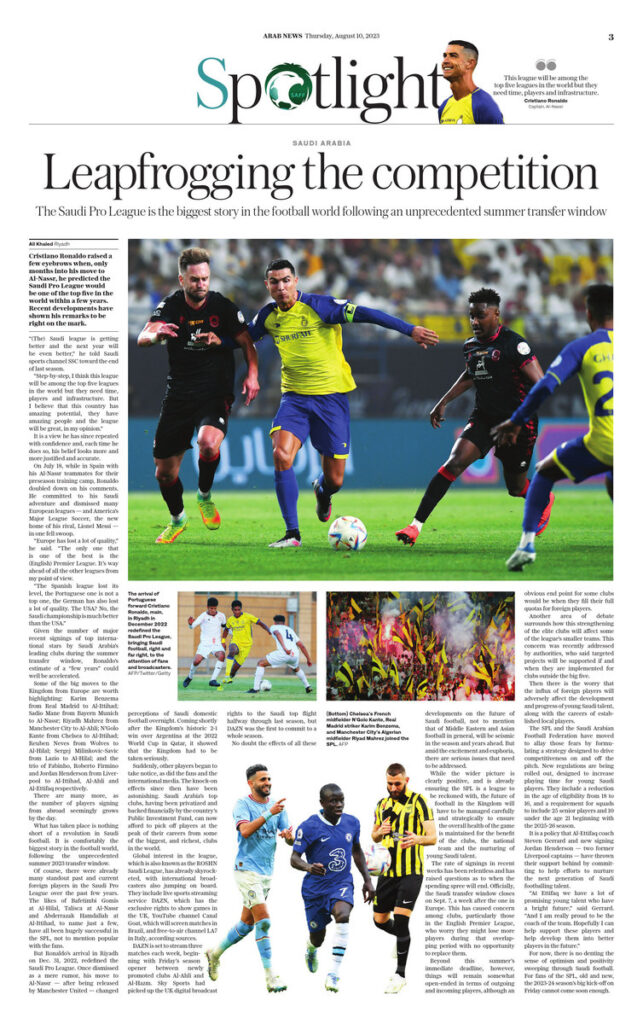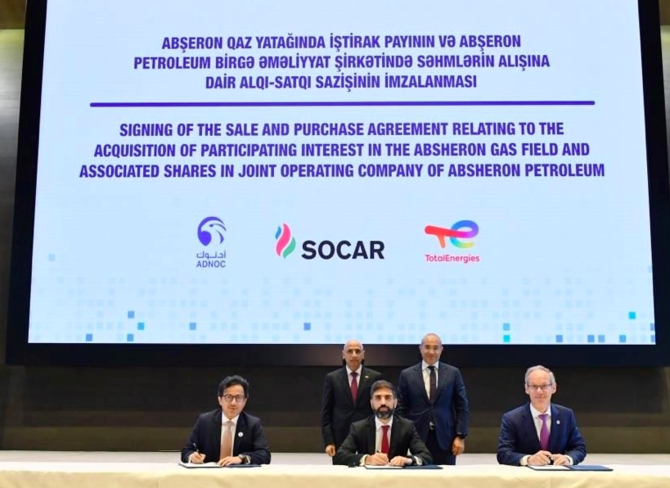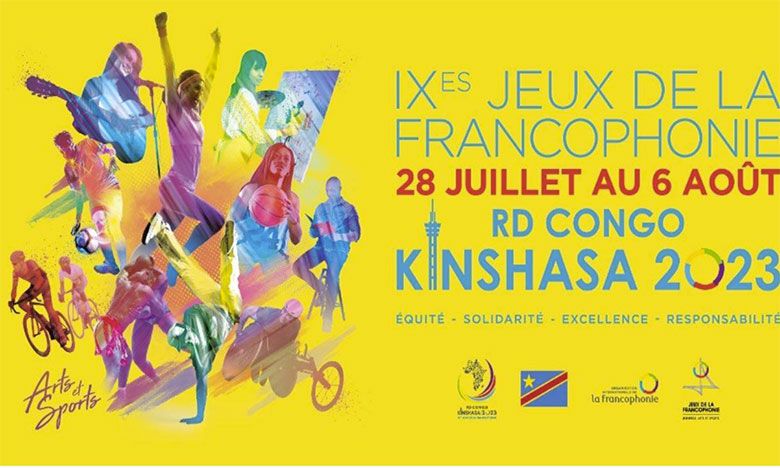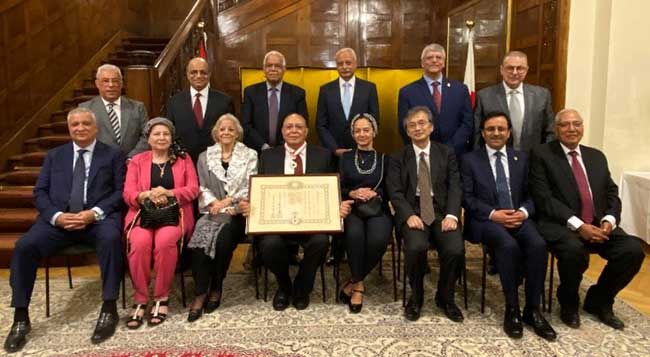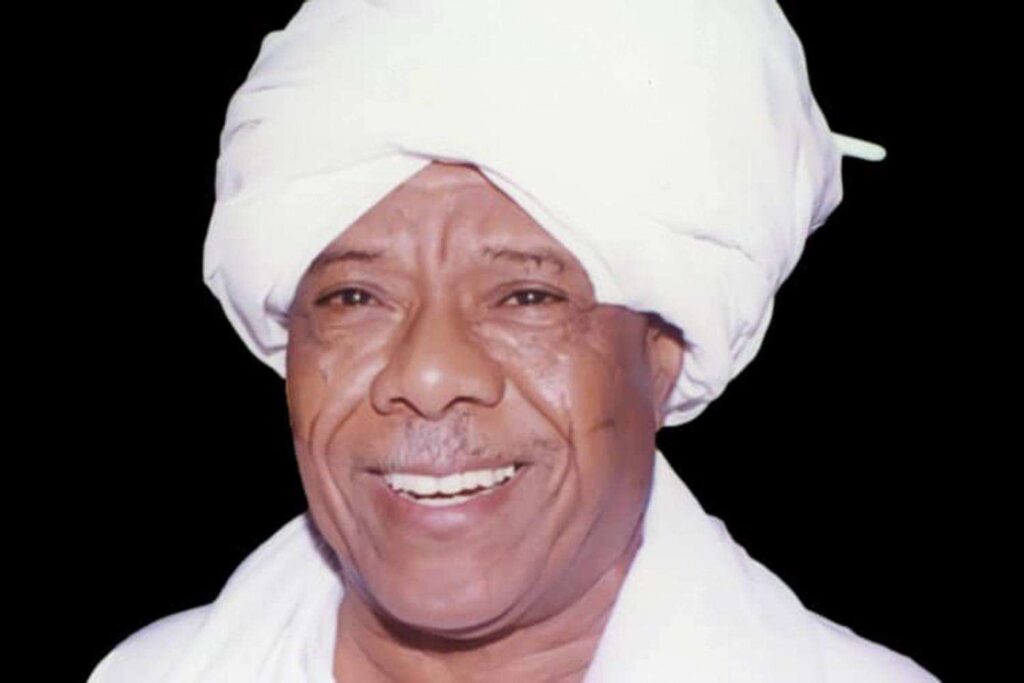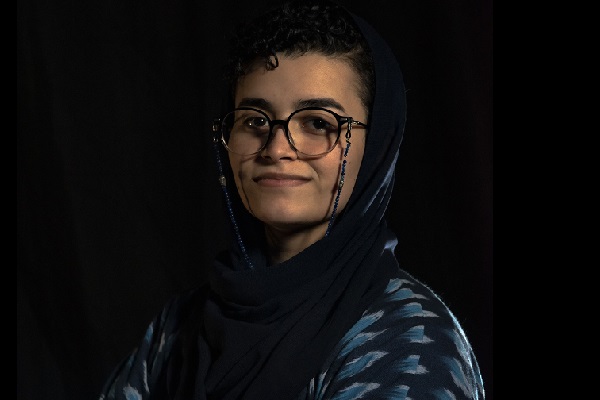- UNESCO chooses theme for World Arabic Language Day 2023
- Arabic is one of the most widely spoken languages, used daily by more than 400m people
Language is a main pillar of any society, and a driving force for connecting communities. As one of the six official languages in the UN, and one of the most spoken languages globally, Arabic is an incubator of culture, science and knowledge.
It is also one of the most widely spoken languages in the world, used daily by more than 400 million people.
World Arabic Language Day has been celebrated by UNESCO every year on Dec. 18 since 2012, the date coinciding with the day in 1973 that the UN General Assembly adopted Arabic as the sixth official language.
UNESCO recently chose “Arabic — the Language of Poetry and Arts” as the theme of World Arabic Language Day 2023 to highlight the role Arabic has played in poetry and art for centuries.
Experts told Arab News that Arabic has many characteristics and aesthetic values, both in written text and spoken discourse.
“Arabic language is very closely linked to the arts, literature and various cultural styles, from poetry to prose, to the rest of the literary genres, such as the story, the novel, the narrative, and poems in various artistic and scientific fields,” Mohammed Alfrih, a member of the board of directors of the Saudi Publishers Association, said.
“We can hardly find another language that mimics the Arabic language in its elegance and its different expressive ability, and it is not surprising that non-native speakers confirmed that, let alone its native speakers,” he said.
Yousef Rabab’ah, a professor of Arabic language and literature at Jordan’s Philadelphia University, said: “The Arabic language is characterized by features and characteristics in derivation, vocabulary, and idiomatic expressions that make it able to keep pace with developments in various fields, and this is proven objectively.”
Rabab’ah, who is editor-in-chief of Afkar Magazine, which is published by the Jordanian Ministry of Culture, said: “The Arabic language has been able throughout its history to influence many arts related to it, for example the arts of decoration, in which the Arabic calligraphy was essential in its formation. Artists were able to adapt the Arabic letters and Arabic calligraphy to produce artistic paintings and beautiful decorations that we see in places of worship, the walls of castles, palaces, and on the covers of books.
“Likewise, Arab voices, and the way they are performed and controlled, have a great role in the arts of singing, music and mirth, and we will not forget the plastic arts that adopt the formations of Arabic calligraphy which enter into the drawings of this type of art,” he said.
According to Hanan Al-Sharnouby, assistant professor of literature and criticism at Alexandria University, the Arabic language has a profound association with various forms of arts, and it is necessary for those seeking to engage in linguistic arts and speech sciences to master the language.
Al-Sharnouby noted that language and art are interconnected, influencing each other. She emphasized that quality content for films, series, and theater necessitates a language that reflects Arab identity effectively and that the rich heritage of Arabic serves as a solid foundation for sophisticated art that fully engages its audience.
Mohammed Daud, a professor of Arabic language and dean of the Faculty of Linguistics at Sudan University of Science and Technology, said: “There are formative and structural characteristics common to natural human languages, in addition to what is specific to each language.
“The Arabic language is distinguished by these formative and structural characteristics without the rest of the languages. It is represented by the fact that Arabic is concerned with the aesthetic values in the written text and spoken discourse, taking into account the semantic differences between words that appear synonymous in different structural contexts, which enabled it to express the same meaning in different ways and with amazing accuracy.
“This is reflected in its illustrative styles and its individual and collective creative arts, and applies to the ways of thinking of its speakers in their keenness to portray the details of artistic situations and the integrity of their creative production,” he said.
Daud said that the future of the Arabic language is bright due to the stability of its morphological, grammatical and semantic systems, and its ability to derive words and generate meanings through these means.
Tha’er Alethari, a professor of criticism and literature at University of Wasit in Iraq, said: “It is important to realize that Arabic is the only language in the world that has been understood for 2,000 continuous years.
“We read pre-Islamic poetry, understand it, and perhaps quote it on a contemporary issue, and this communication has given the language vitality and the ability to adapt to every era.
“There are two linguistic characteristics that helped it in this, the first of which is the abundance of linguistic roots in it, and the second is its etymological nature. Arabic does not depend on antecedents and suffixes in generating connotations, as is the case with most human languages. subject, noun, adverbs, etc,” he said.
source/content: arabnews.com (headline edited)
______________
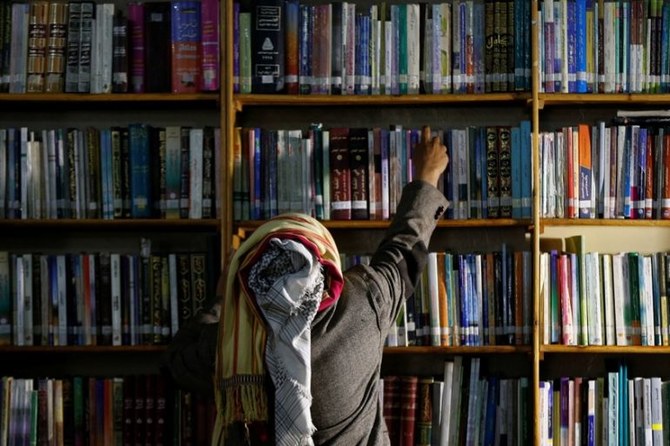
World Arabic Language Day has been celebrated by UNESCO every year on Dec. 18 since 2012. (Reuters)
______________________
ARABIC LANGUAGE
